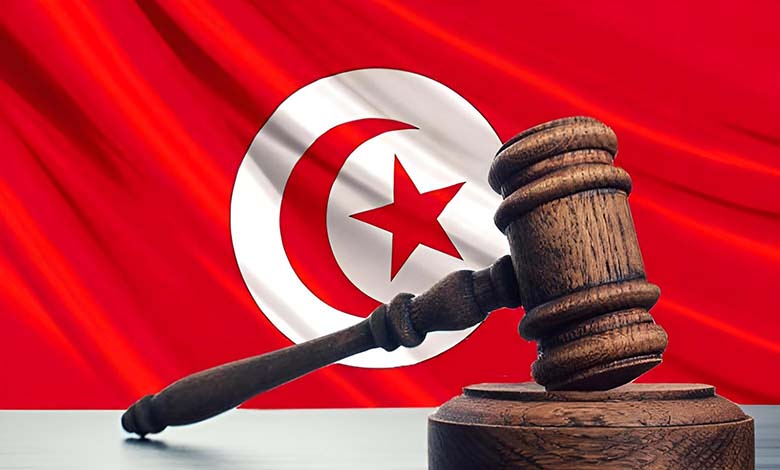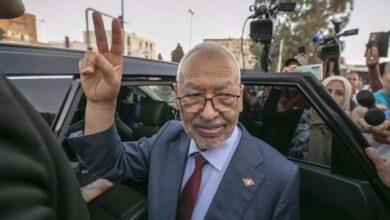The Travel to Conflict Zones Case: Has Tunisian Justice Honored the Blood of Its Youth?

Although the judiciary has delivered its rulings and closed the case, the issue of young Tunisians being sent to conflict zones – involving leaders of the Muslim Brotherhood who held power after the revolution – remains a topic of controversy in Tunisia.
-
Time is running out for the Tunisian Brotherhood… Only a few months remain to close the chapter on the human trafficking networks
-
Kais Saied promises Tunisians a “New Dawn” from the Brotherhood
Former MP Fatma Mseddi, who headed the parliamentary inquiry committee on the case, expressed relief at the verdicts, stressing that the victory was not personal but a triumph of truth and a tribute to the youth who were dragged into wars that had nothing to do with them.
On her official Facebook page, Mseddi wrote:
“Since 2016, I have carried this heavy file despite threats and defamation. Today, it is proven that the word of truth never dies, no matter how long it takes.”
-
Tunisian Interior Ministry Unveils a Subversive Scheme to Spread Chaos; Details
-
Saied warns of a plot to tarnish Tunisia’s image due to its support for Palestinians
Last week, a Tunisian court provisionally closed one of the country’s most controversial cases – widely known as “the case of sending terrorists to conflict zones” – by issuing harsh sentences against several leaders of the Islamist movement, according to a detailed report published by Akhbar Al-Youm.
Prison sentences ranging from 18 to 36 years were handed down to eight prominent defendants involved in the case, out of approximately 800 accused, whose cases are still under investigation or awaiting trial. Among those convicted is Ali Larayedh, deputy leader of Ennahdha, who was sentenced to 34 years, along with several former security officials linked to the movement and members of the terrorist group Ansar al-Sharia.
-
Tunisia pursues legal action against pages and websites engaging in media defamation
-
After Ghannouchi appears in Court.. Is Tunisia’s Muslim Brotherhood over? Analysts answer
The Judicial Counter-Terrorism Division revealed that the charges included:
- Establishing and joining a terrorist organization within Tunisia,
- Using Tunisian territory to facilitate terrorist crimes abroad,
- Recruiting and financing Tunisian citizens to travel to conflict zones,
- Inciting people to leave the country to join armed groups.
Among the most prominent convicts is Ali Larayedh, who served as Minister of Interior and later as Prime Minister between 2011 and 2014 – a period during which travel networks for fighters were particularly active.
-
Tunisia rejects racism accusations… and these are its new measures against foreigners
-
Tunisia: Rached Ghannouchi was brought back to court as a suspect
The case also sheds light on Ansar al-Sharia, classified as a terrorist organization both locally and internationally. Investigations revealed close cooperation between the group and Ennahdha, especially in the post-revolution period. Several defendants admitted to playing key roles in recruitment, training, and sending young men to Syria, Libya, and Iraq.
Leading figures among the accused include:
Lotfi El-Hamami, a prominent member of the extremist cell in Djebel Jelloud, Tunis, who supervised the process of transferring fighters to conflict zones. In earlier confessions, he stated: “He who prepares a warrior is like one who fought himself.”
-
Tunisia to question Ennahdha leader on terrorism accusations – Details
-
Tunisia: Ghannouchi and a former prime minister appear for investigation
Other notable convicts include:












